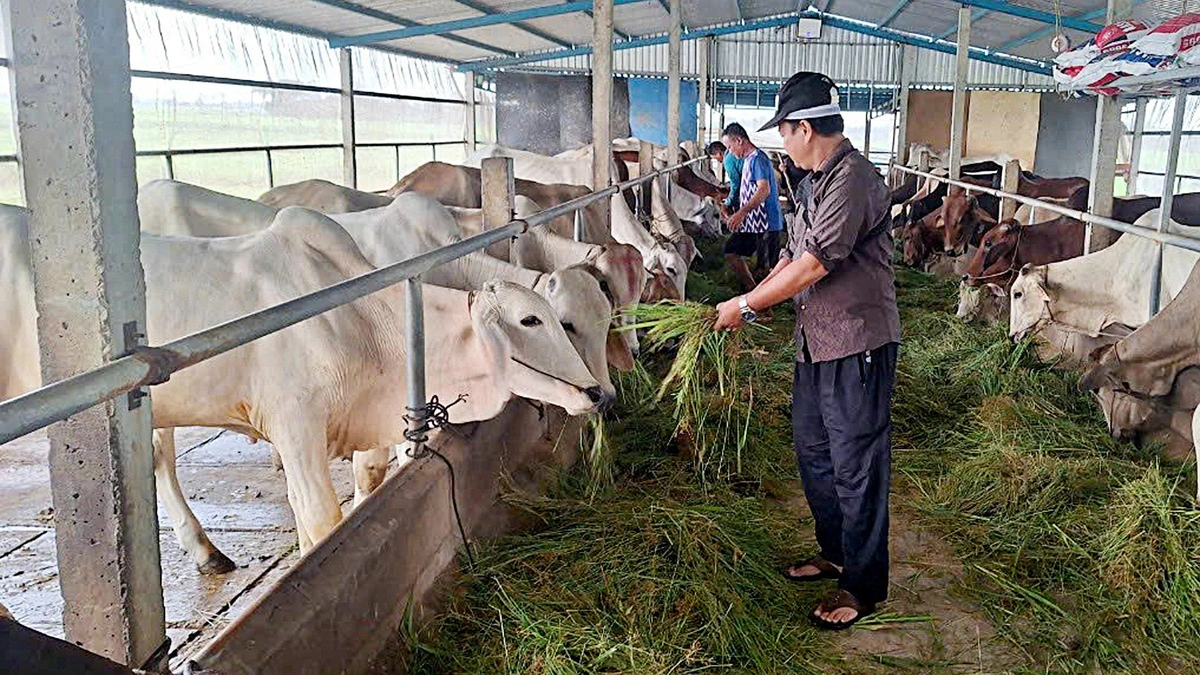To verify and ensure that products are free from non-halal materials or processes, many Vietnamese companies and certification organizations have applied blockchain technology, a database system that allows the storage and transmission of linked blocks of information through encryption.
Halal refers to food products and services that adhere to Muslim law.
This technology helps securely store information on the halal certification process, providing clear and unchangeable records, ensuring compliance with halal standards at every stage of the supply chain.
By effectively applying blockchain, Vietnamese firms can increase consumer trust by detecting fraud or labeling errors and helping customers identify halal products while shopping in foreign markets.
Vietnamese firms can sell products based on transparency in halal standards, regardless of the varying halal regulations across countries.
In 2024, the United Arab Emirates became Vietnam’s first comprehensive partner in the Middle East, paving the way for Vietnam’s agricultural products and processed foods to enter this market.
If successful in penetrating the halal market, Vietnam’s exports of agricultural and key products could increase 50 percent or more.
Vietnamese companies have proved their capability, as they have already ventured into many selective markets like the U.S., the European Union, and Japan.
With worthwhile investment in the halal market, double-digit growth in many industries is achievable, contributing to Vietnam's double-digit growth in the era.
Meeting stringent standards
The Middle East and North Africa (MENA) hold great potential for halal products. The MENA market for halal consumer goods and beauty products is projected to reach US$5.9 trillion by 2025.
It is forecast that the MENA population will reach 600 million people by 2030, and with the younger generation’s growing consumption of processed foods and cosmetics, a significant opportunity for Vietnam to leverage its agricultural foundation and export natural products is emerging.
Vietnam's all-powerful Politburo has created great opportunities for enterprises in production, cultivation, packaging, and transportation of halal products to quickly join the global supply chain for the Muslim community.
Determining whether a product is halal or not is a challenge, as a large number of ingredients may come from animal or plant sources, and some ingredients may be by-products from animals.
All plant-based products are halal, but once they are contaminated with ingredients or processing aids that contain intoxicating or addictive substances, they are no longer permissible.
To capitalize on trade opportunities with Middle Eastern countries, Vietnam needs to pay attention to the importance of Islam in trade standards.
Notably, halal standards in Middle Eastern countries differ from those in Malaysia and Indonesia.
*This article was originally written in Vietnamese by Tran Phuong Chi and rewritten in English by Tuoi Tre News.
Like us on Facebook or follow us on Twitter to get the latest news about Vietnam!



















































